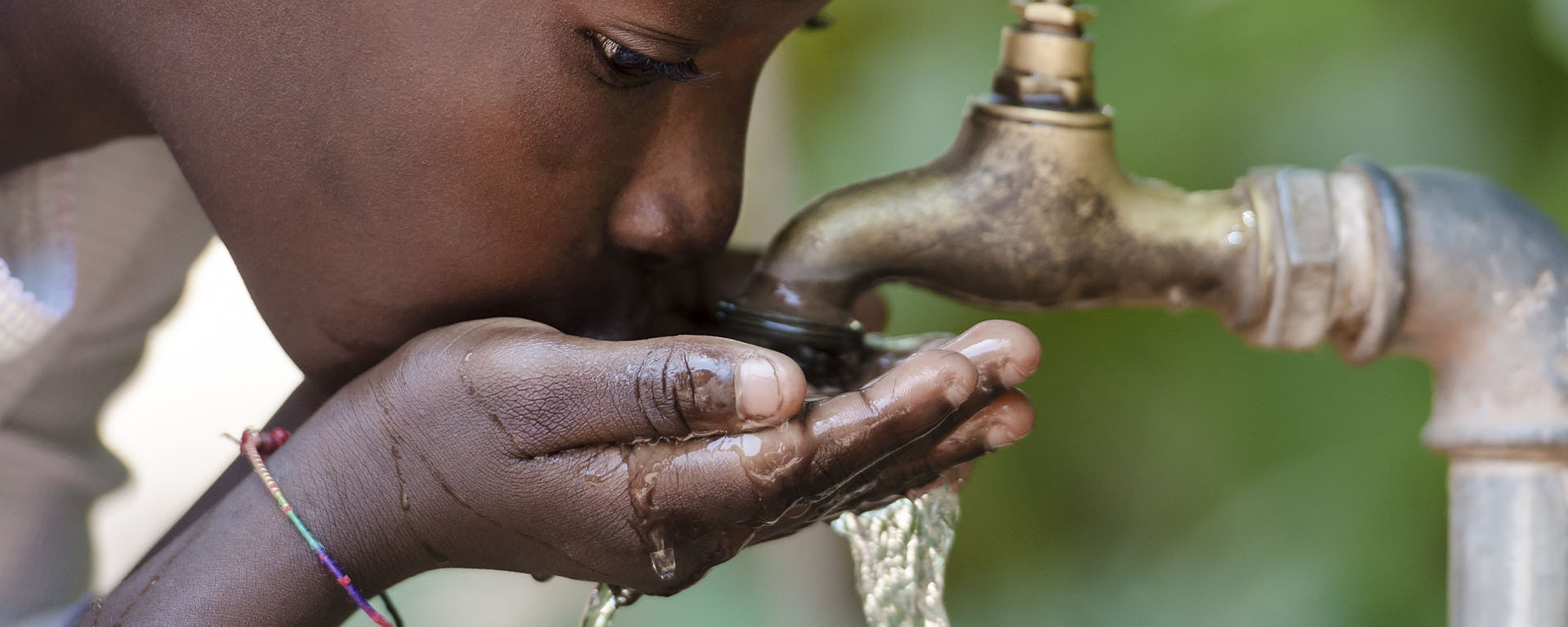Water, the source of life itself, is a precious resource that sustains all living beings on our planet. Its significance cannot be overstated, as access to clean and safe water is not only a basic human right but also essential for the well-being of ecosystems and biodiversity.
In this SweepSouth illuminating post, we delve into the depths of World Water Day, an annual event that highlights the critical importance of freshwater conservation and sustainable water management practices. Join us on a journey to uncover the true essence of World Water Day and explore why it’s a cause worth championing for both humans and animals alike.
Commonly Asked Questions About World Water Day

1. What is World Water Day?
World Water Day is an annual event celebrated on March 22nd, initiated by the United Nations to highlight the importance of freshwater and advocate for the sustainable management of water resources by implementing certain changes in our lifestyles.
2. What is the theme of World Water Day this year?
Each year, World Water Day focuses on a specific theme related to water. Recent themes have addressed topics such as water and climate change, water scarcity, and water cooperation.
The theme for World Water Day 2024 is ‘water for peace’ – with a focus on the impact that both dirty and clean water can have on the amount of peace that exists on Earth.
3. Why is World Water Day important?
World Water Day serves as a reminder of the global water crisis and the urgent need to address issues such as water scarcity, pollution, and inadequate access to clean water and sanitation facilities.
4. How can individuals contribute to World Water Day?
There are various ways individuals can participate in World Water Day, from raising awareness on social media to taking action in their communities to conserve water and protect water sources.
The Importance of Fresh Water for Humans

1. Sustaining Life: Freshwater is the lifeblood of humanity, vital for maintaining hydration, facilitating bodily functions, and supporting overall health and well-being. Without access to clean water, communities face increased risks of waterborne illnesses and compromised health outcomes.
2. Hygiene and Sanitation: Access to clean water is essential for promoting good hygiene and sanitation practices, preventing the spread of waterborne diseases and ensuring public health. Adequate sanitation facilities and clean water sources are fundamental for reducing morbidity and mortality rates, particularly in developing regions.
3. Agriculture and Food Security: Freshwater resources play a crucial role in agriculture, providing irrigation for crops and sustaining livestock, thus contributing to global food security. Efficient water management practices are essential for enhancing agricultural productivity, mitigating drought impacts, and ensuring food availability for growing populations.
4. Economic Development: Water is a cornerstone of economic development, driving industries, supporting livelihoods, and fostering socio-economic prosperity in communities worldwide. Access to reliable water sources is essential for industrial processes, energy production, and sustaining livelihoods in both urban and rural areas.
The Importance of Clean Water for Animals
1. Hydration and Vitality: Clean water is essential for animals’ hydration needs, enabling them to thrive and maintain optimal health and vitality in their natural habitats. Access to clean water sources is critical for wildlife survival, particularly during periods of drought or environmental stress.
2. Ecosystem Balance: Healthy ecosystems rely on clean water to sustain diverse habitats and support a myriad of plant and animal species, thereby preserving ecological balance. Wetlands, rivers, and lakes provide vital habitats for aquatic species and contribute to the overall health of terrestrial ecosystems.
3. Wildlife Conservation: Conserving clean water sources is paramount for wildlife conservation efforts, ensuring the survival of endangered species and preserving biodiversity. Protected areas and wildlife reserves depend on clean water ecosystems to provide essential habitats and maintain ecosystem services vital for wildlife populations.
4. Livestock Welfare: Livestock raised for agricultural purposes depend on clean water for drinking, bathing, and maintaining hygiene, thus safeguarding their welfare and productivity. Access to clean water sources is essential for sustaining livestock health and supporting agricultural livelihoods in rural communities.
Conclusion
As we commemorate World Water Day, let us recommit ourselves to the cause of freshwater conservation and sustainable water management. At SweepSouth, we recognise the invaluable role of water stewardship in promoting environmental sustainability and preserving our planet for future generations.
On days of celebration like this, or others where we simply celebrate life itself by tending to our day-to-day responsibilities, don’t forget to book a SweepSouth cleaning service for the ultimate gift of a spotless home. Thanks to a large number of vetted, experienced cleaning professionals on our platform, you’ll never be without peace of mind or free time with which to do whatever you may choose!









